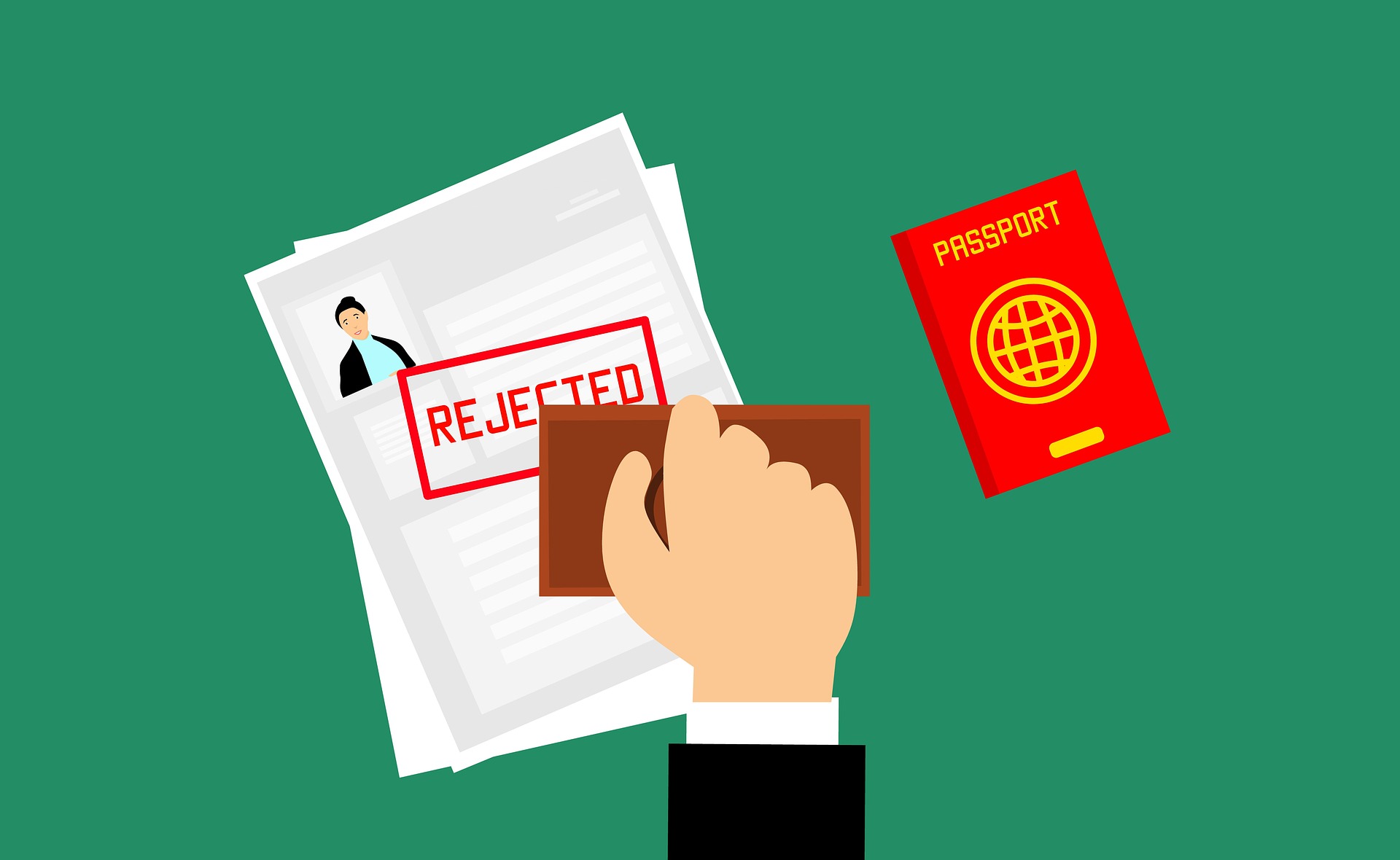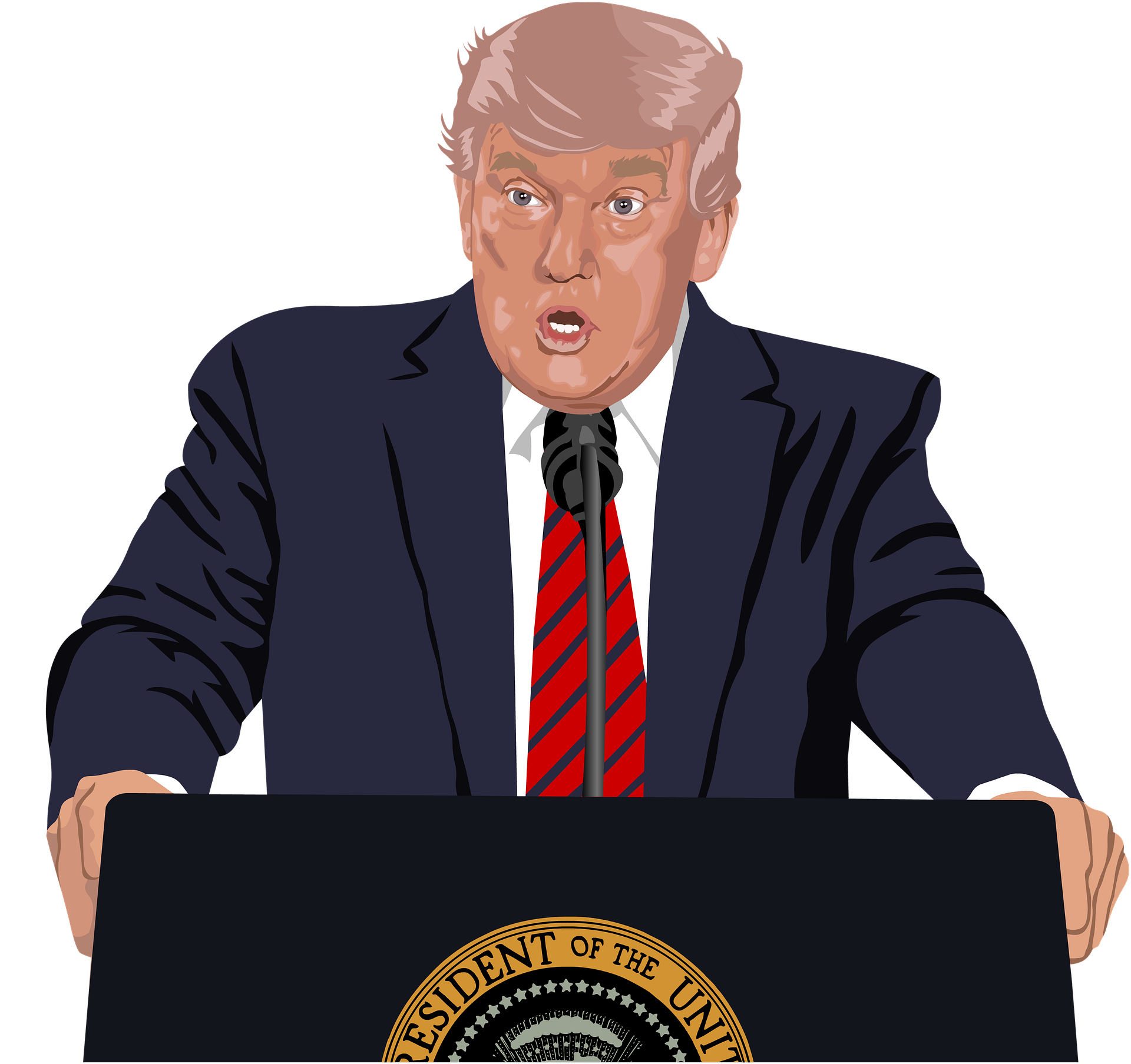We are extremely excited to report that USCIS has received enough electronic registrations during the H-1B initial registration period to reach the mandated numerical cap for fiscal year 2022, including for the advanced degree exemption (also known as the master’s cap), and has now selected all registrations eligible to participate in the H-1B visa program.
The H-1B initial electronic registration period came to an end on March 25, 2021, at which time USCIS began the process of randomly selecting from eligible registrations to fill the H-1B cap, including for the advanced degree exemption.
USCIS has now selected those registrations that will move forward and file a paper application with USCIS.
All those who were selected have received a notification of their selection in their myUSCIS online account. Selections in the myUSCIS portal will indicate that the petitioner is eligible to file an H-1B cap-subject petition for the beneficiary that was named in the applicable selected registration.
On behalf of our law office, we extend our congratulations to all those who were selected to move forward with the filing of their petitions.
What happens next?
Now that you have overcome this obstacle, you may be asking yourself, what’s next? Sadly, getting selected in the H-1B visa lottery is just the first step in obtaining an H-1B visa. The second step requires the petitioner to demonstrate the beneficiary’s eligibility for the H-1B visa by filing Form I-129 with USCIS and obtaining approval.
USCIS has announced that all petitioners who have been properly selected in the visa lottery for fiscal year 2022, may file an H-1B cap-subject petition with USCIS, including petitions eligible for the advanced degree exemption, starting today April 1, 2021. Only filings that are based on a valid, selected registration will be accepted by USCIS for FY 2022, and only for beneficiaries named in the selected registration notice.
Those who were not selected must wait to apply again next year.
 Visa Lawyer Blog
Visa Lawyer Blog











